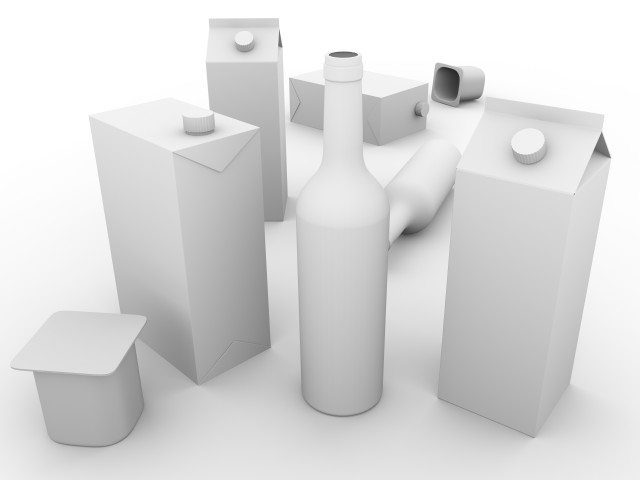Product recall company Stericycle ExpertSOLUTIONS has reported that recalls and notifications have decreased in the first quarter of 2015, due to heightened recall awareness and significant efforts to improve product safety. Additionally, automotive recalls, whilst accelerating, have all been voluntarily initiated.
The findings come as the company publishes its quarterly European Recall and Notification Index, which is based on data from the EU’s RAPEX and RASFF rapid alert systems.
The Q1 2015 Index provides early evidence that new safety standards in some countries are working, and less dangerous products are making it to consumers.
Additionally, the Index shows a shift in consumer attitudes, one that rewards manufacturers who take proactive voluntary action.
However, even with these improvements the lack of cohesive safety standards across all EU countries continues to cause challenges, particularly in the food and consumer product industries.
The food sector is benefiting from new EU labeling regulation (EU) No 1169/2011, which requires the mandatory inclusion of allergens on food labels and other important information on pre-packaged processed foods.
There were 755 food recalls and notifications in Q1 (comprising food, feed and food contact material), a decrease of 6% over the previous quarter.
Some categories, including nuts, nut products and seeds, experienced increased recalls of 67% over Q4 2014, largely because of issues with aflatoxins in products coming from India and China.
Fruit and vegetables, as in previous quarters, contributed to 27% of Q1 activity, driven by large scale recall impacting multiple markets.
“The challenges in both the consumer products and food sectors are largely related to the lack of a cohesive safety standard amongst all the EU countries,” said European VP Farzad Henareh.
“Globalization makes the supply chain more susceptible to unsafe or contaminated products getting through the system as there are inconsistencies in manufacturing processes and standards across countries.”
“As the EU looks for the best solution, manufacturers have to focus on the reality of implementing effective recalls and ensure their business strategies enable them to plan ahead and meet the vital challenge of securing customer safety.”










